July Rhapsody (Ann Hui, 2002)
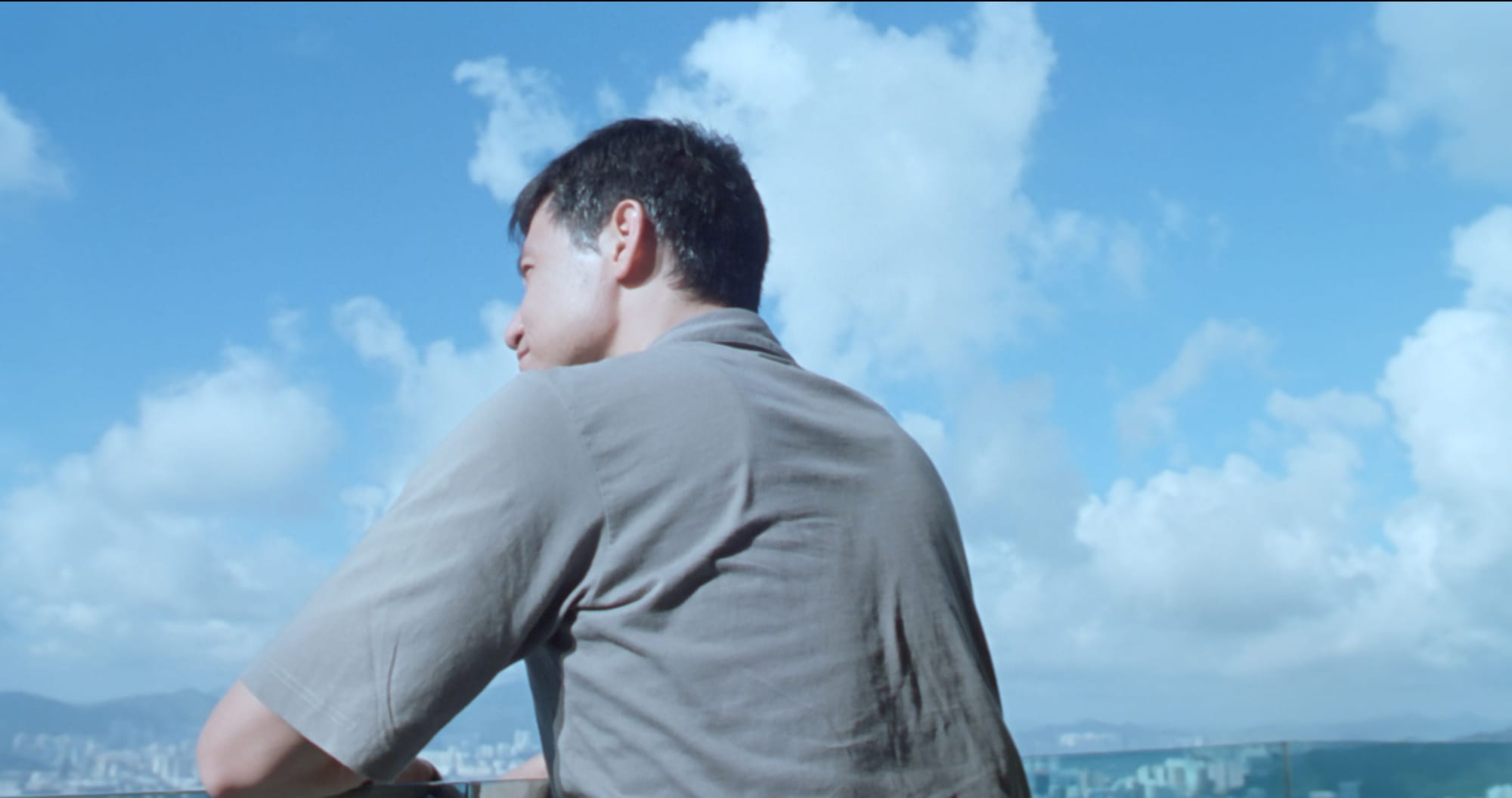
The Cantonese title for Ann Hui’s July Rhapsody translates roughly as “A Man at 40”, the English title apparently being a riff on the May-December concept, although specifically focusing on only one person in the age gap relationship, the man halfway through his life. The movie itself is more expansive than that implies, however, as it’s just as much about the man’s wife, just as far along in her life, as it is him, as well as their children and the student with whom he finds himself in an inappropriate relationship. As one would expect with Hui, a master of highbrow melodrama, the film’s interest in that relationship is neither puerile nor sensational, as she extends a deep an humane empathy toward everyone involved. It’s one of the deceptively difficult tasks any artist might assign herself, to be empathetic without either condoning or condemning. Hell, it’s one of the more difficult things for anyone in life, just as much in art. But it’s one of those elusive qualities that defines Hui’s work as an auteur, above and beyond her obvious technical facility as a filmmaker. Hui has proven herself to be, in a career now well over 40 years long, an exceptional filmmaker in all kinds of genres (ghost stories, romantic melodramas, wuxia epics, heroic gangster tragedies, biopics, social problem films, literary adaptations, etc). What unites her work is her deep and non-judgmental curiosity about human experience, viewed always from a level of dispassionate, academic reserve.
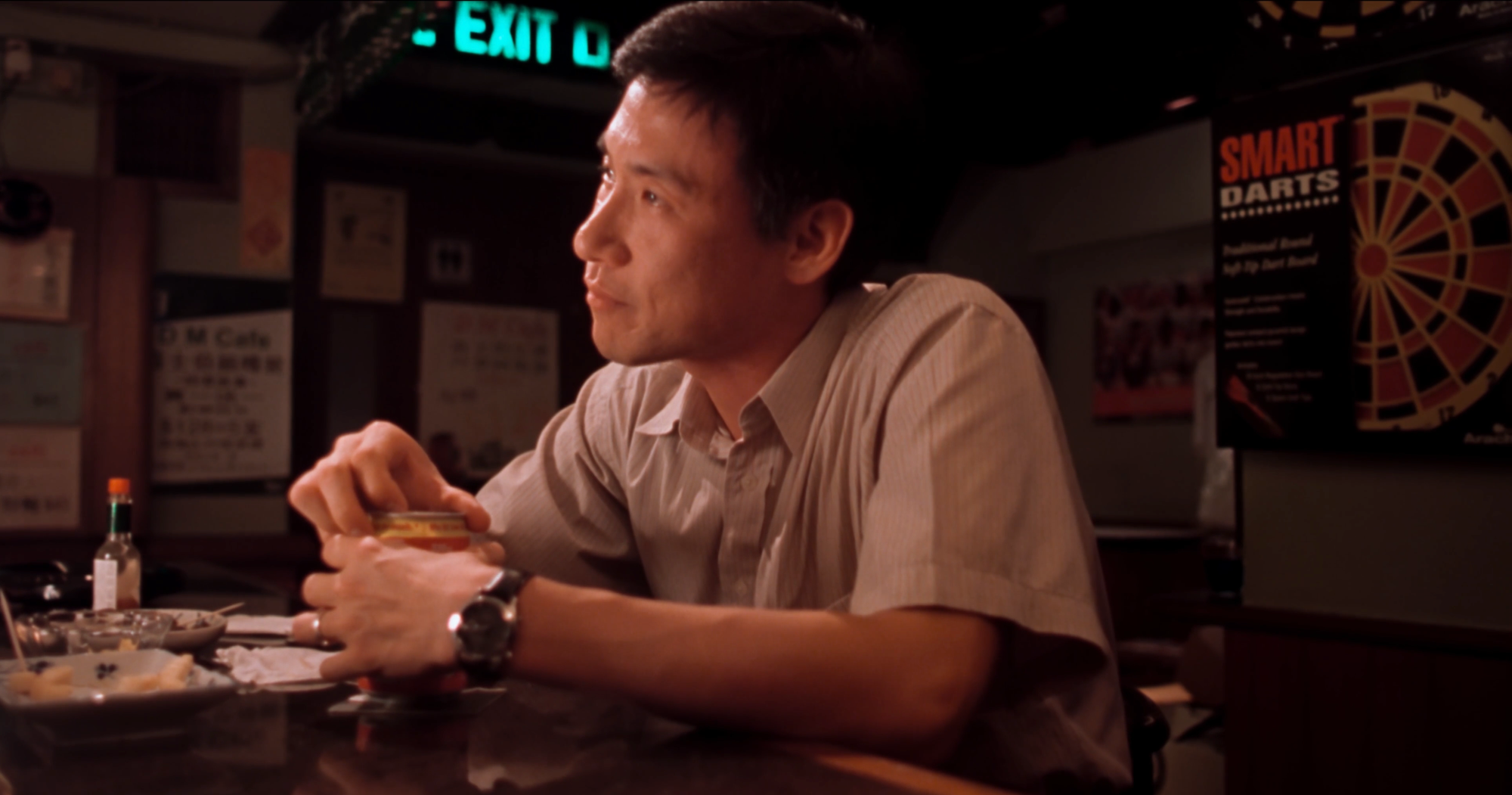
“Have you ever been drunk? How can you claim to be Li Bai’s fan?”
That detachment might in fact be the true subject of July Rhapsody. Jacky Cheung plays a high school Chinese literature teacher who is fond of reciting poetry, especially ones by the kind of poets who hung around the Yangtze River a thousand or so years ago writing poems about getting drunk with their friends (by that I mean: great poets). But he doesn’t drink much himself, as he is admonished by an old friend, a bartender who reluctantly serves him a can of Coke. Cheung is married to Anita Mui, a housewife with deeply sad eyes. In the first half of the film, Jacky tells their son the story of how he met and fell in love with Anita back in high school, in a Chinese literature class taught by his favorite teacher, the man who inspired his own love of poetry. In the second half, Anita finishes the story, one which reveals much about her sadness and happens to parallel what’s going on in Jacky’s life in the present.
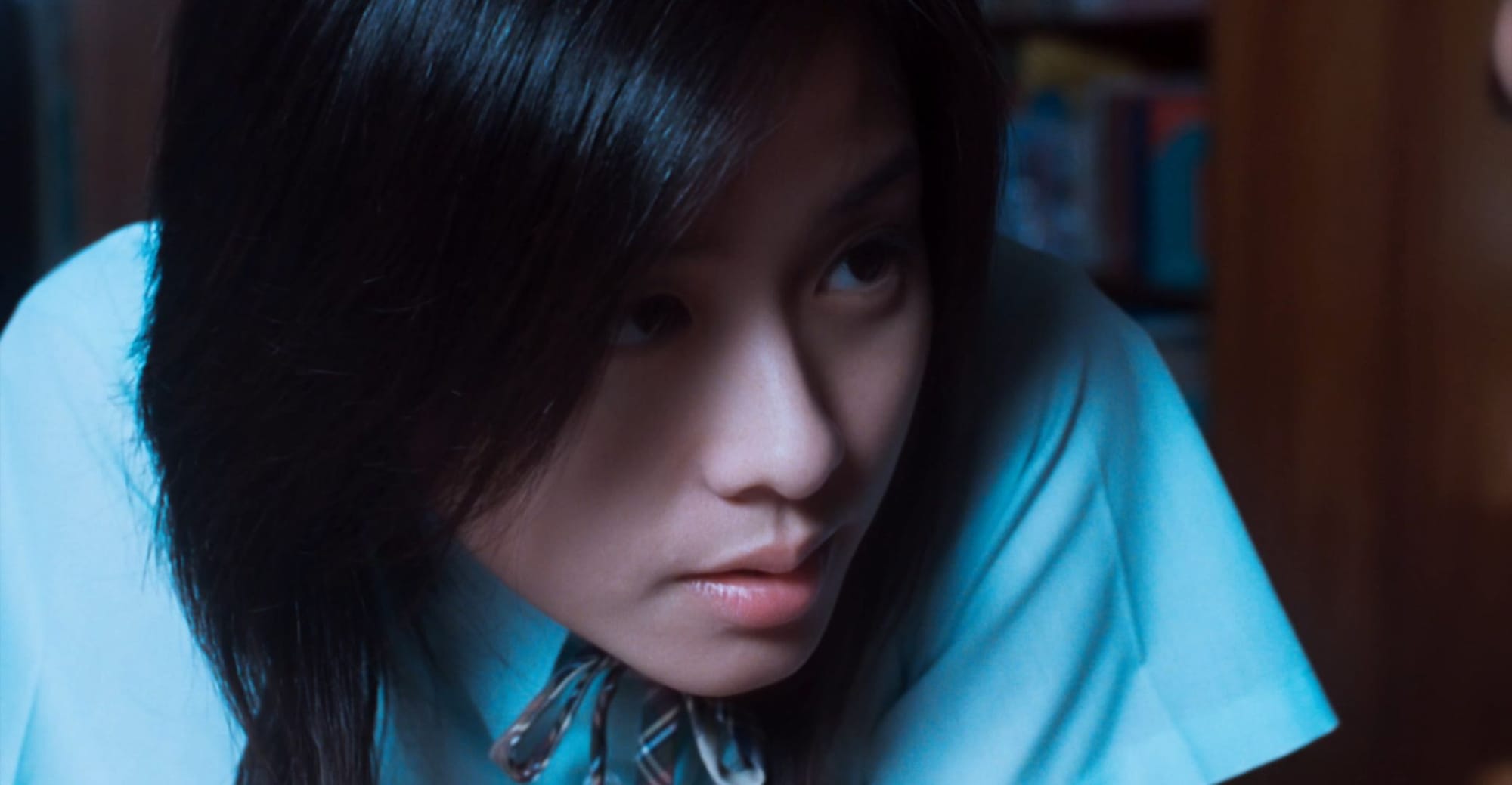
It seems one of his students, played by Karena Lam, in one of her first film appearances, has developed a crush on Jacky. At first resistant, he eventually starts seeing more and more of her outside of school. It’s unclear when, if ever, their relationship becomes sexual (we only ever see her give him a quick little kiss, though they do appear to have spent the night together in a hotel near the end of the film). Instead, Hui emphasizes the physical longing of their initial attraction, through a series of close up shots: hands and hair, knees and lips. These are paralleled with Jacky’s recollections of his first days with Anita, sitting behind her in class such that he could only see her ponytail. In these images, July Rhapsody anticipates Yamada Naoko’s Liz and the Blue Bird, repressed, or at least unacted upon, desire expressed through an intense focus on small parts of the object of affection, as if the subject simply cannot stand to take in the totality of the person they love. These impressionistic close-ups, in less abstract terms, also simply literalize the plea of another teacher dealing with a student’s crush: “Don’t Stand So Close To Me”.
Jacky does give in though, or rather, his relationship with the student does proceed. Hui and screenwriter Ivy Ho (Comrades, Almost a Love Story, Anna Magdalena, Linger) refuse to simplify either character. Jacky is both a normal guy trying to do the right thing and an adult man, a teacher no less, exploiting his power and position to turn a cute girl’s crush on him into something like a sexual relationship. Similarly, Karena’s character is neither a scheming seductress nor a wide-eyed innocent nor a manic pixie out to brighten up a middle-aged man’s drab existence. She’s an intelligent, competent, but not especially wise not-quite-adult. The relationship in the past gets much the same treatment from Hui: another literature teacher pursued by another precocious young woman (Anita). That relationship though had a complicated ending, one which sets the stage (in all kinds of ways) for the one in the present.
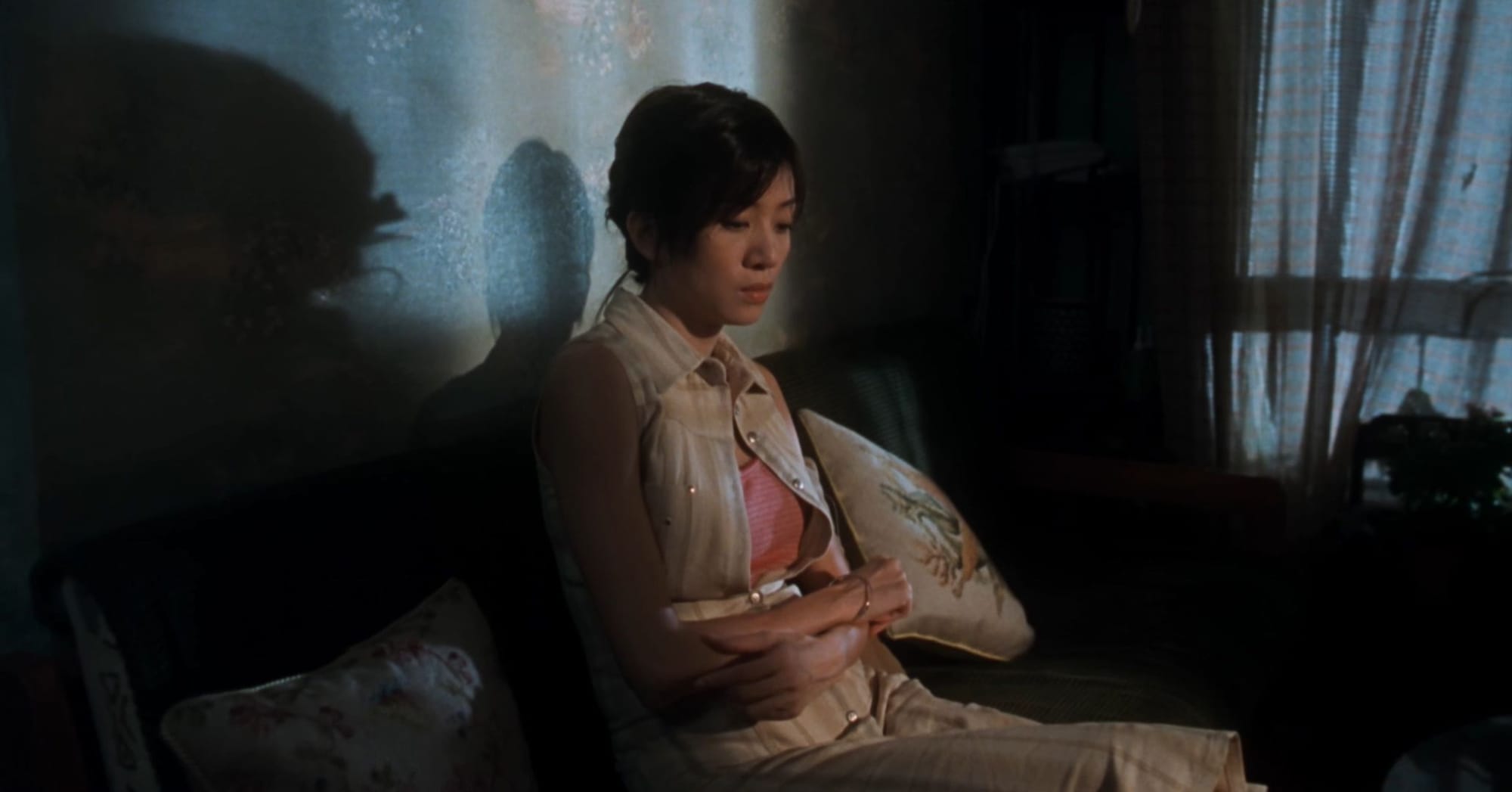
It’s the sad end of Anita’s affair that creates the impetus for her and Jacky to marry and start a family, one which, by all appearances, has been reasonably happy and successful. But buried within their marriage is Jacky’s resentment: of his old teacher, of Anita’s choosing the teacher first, of her then relying on his crush and general good, upstanding nature, for support when the teacher moves away. Those resentments are then reborn in the form of Karena. Hui’s distancing of us from the physical realities of their relationship, though, gives us a sense of remove from it. Jacky may be controlled by lust, but we never see him act that way. Instead, he’s almost playing a role, less pursuing the relationship for his own ends but as a way to understand (or get revenge for) what happened between his wife and his teacher 20 years earlier (perhaps inspired by the teacher’s return as a dying old man whom Anita feels the need to help care for in his last days).
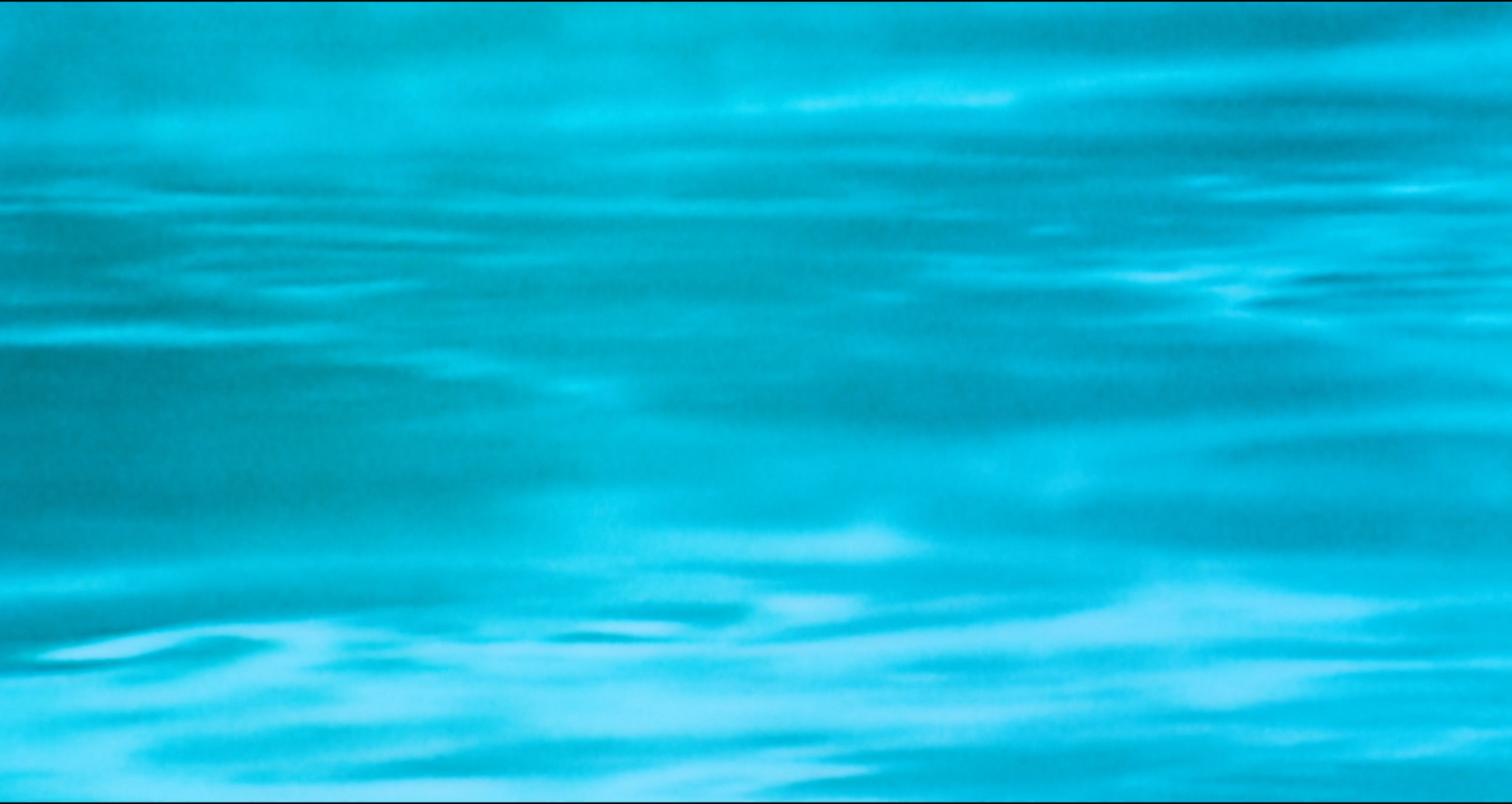
This cycle of recurrent behavior, epitomized by the film’s many references to the Yangtze (in poems, in still images, on videotape), has been seen before in Ann Hui’s work, in 1987’s Starry is the Night. That film follows two love affairs involving Brigitte Lin, one when she was a student with her professor (George Lam) and one in the present, with a high senior she’s helping as a social worker (David Wu). Out of these two affairs in one woman’s life, Hui paints a portrait of the decline and failure of her generation’s activist politics, from the idealism of youth to the cynical cash-grabbing and empty reformism of the 80s. July Rhapsody, as far as I can see at the moment, doesn’t really have any kind of outward focused political angle. Instead, it’s about the politics of the family, and of the cycles of patriarchy endlessly renewing themselves through outdated pedagogical structures (Jessica Yeung points out in her typically insightful letterboxd review that it is significant that the two men are Chinese literature teachers, “because usually [a] Chinese Literature teacher would more or less have certain upright/Confucian/friendly bearing due to the subject s/he teaches”).
Hui’s seemingly contradictory ending (spoilers ahead, obviously) may find a way out of that cycle by, paradoxically, bringing Jacky and Anita together to the Yangtze. After their old teacher dies and Karena goes her own way, Anita tells Jacky that he doesn’t have to live with her anymore if he doesn’t want to. They share a joke about her typing ability, and he suggests that since their mortgage is paid off, he could go away, though he would come back to visit the kids occasionally. She bursts into tears and collapses into his arms (seeking and finding comfort in the man who just broke her heart), and he suggests they can talk about it later, after they visit the river together. The film then ends with shots of the Yangtze, shot apparently with a kind of consumer grade camcorder, the one a happy family takes on vacation to record their lives together. Is that what they are, in the end? Will they split up? Or did this mid-life crisis bring them closer together, exorcising the pains of long repressed issues? Only the river knows.
